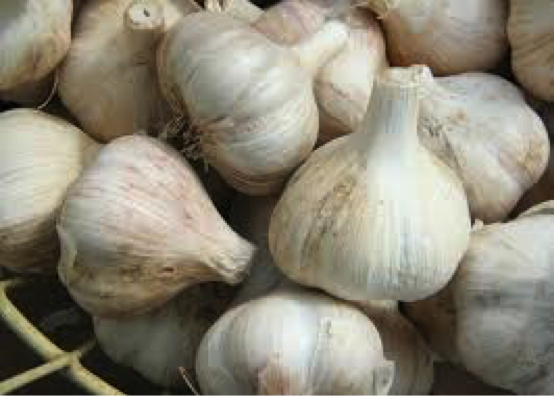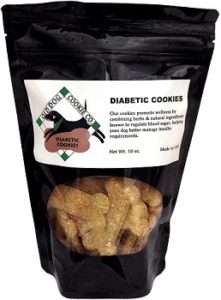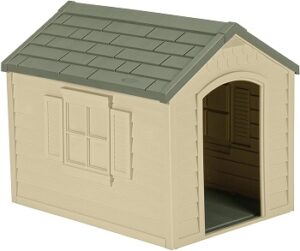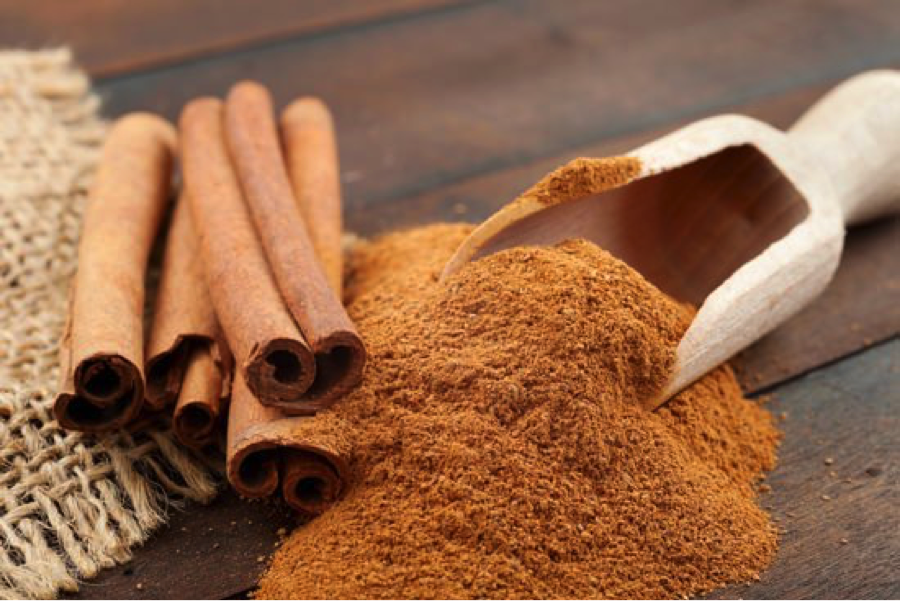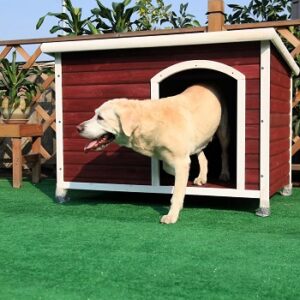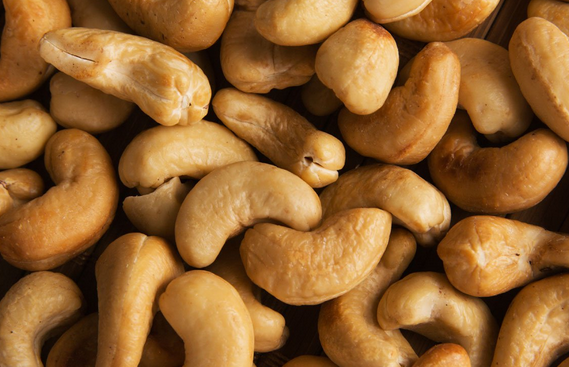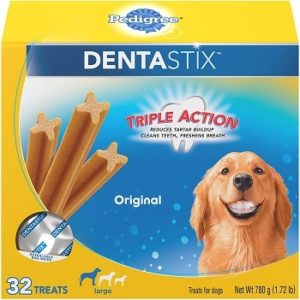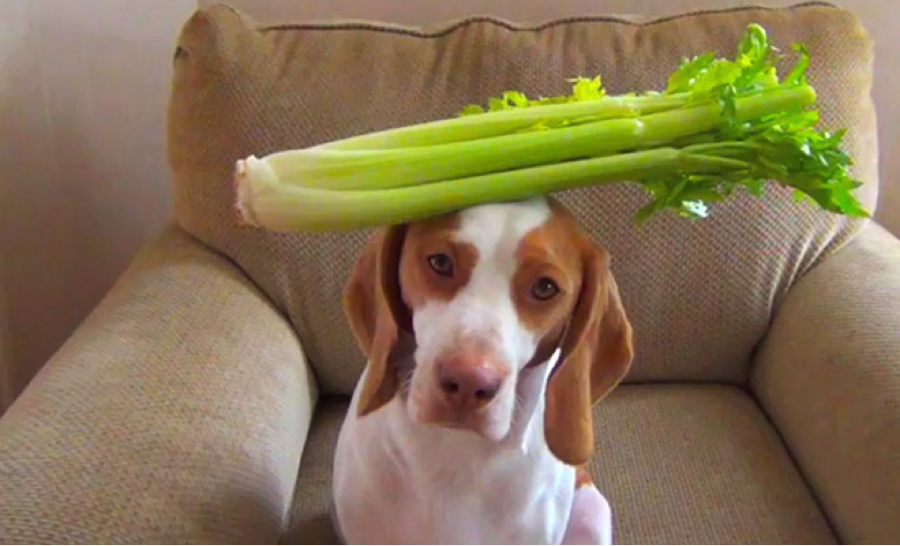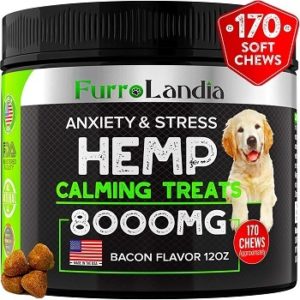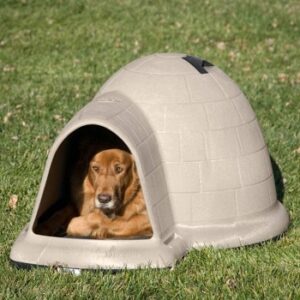The canine consumption of garlic is a highly debated topic (https://www.mybonesandbiscuits.com/can-dogs-eat-garlic). Veterinarian toxicologists cite the toxicity of the plant, while holistic healers claim that garlic is fine in moderation and cite the plant’s natural healing properties. Many dog foods even include garlic powder as an ingredient, so I decided to conduct some research of my own and decide if garlic really is safe for my dog to eat.
Verdict: While garlic may, in extreme moderation, not be harmful and even provide some health benefits to your dog, its toxic properties pose too large of a risk to recommend including it in your dog’s diet.
Argued benefits
Many holistic and natural pet healers argue that garlic is not only perfectly fine for your dog in small doses, but that it is also a medicinal food that can provide your dog with an array of benefits.
Health benefits
Fresh, raw garlic has been used for centuries in humans as a medicinal food and natural healer. Garlic contains properties that can prevent the formation of blood clots, decrease cholesterol build up, widen blood vessels, prevent the formation of tumors, stimulate the lymphatic system, and also operate as an antibiotic, antifungal, and anti-parasitic agent.
Proponents of garlic argue that the food can attribute these benefits, and more, to your dog as well. The problem is that we cannot assume that garlic, or any food, will affect dogs the same way it does humans, and there is simply not enough research to back these claims up.
Flea and tick repellent
Due to garlic’s formidable pungency, the food is often utilized as a natural deterrent against fleas and ticks. The garlic scent builds up in your dog’s natural coat oil after a few weeks of ingestion, and is claimed to ward off both fleas and ticks.
Unfortunately, small amounts of garlic must be fed to your dog for about two weeks before the oils build up, and then regularly after in order to maintain the scent. Even with small doses, this opens your dog up to the risk of garlic toxicosis, and there are simply safer, natural ways to keep the fleas away.
Health Risks
Toxic to cats and dogs
Garlic, along with the entire Allium family of onions, chives, shallots, leeks, and more are considered toxic to both cats and dogs by the American Society for the Prevention of Cruelty to Animals, the Pet Poison Hotline, as well as the Veterinary Pet Insurance Company.
Their toxicity is caused by aliphatic sulfides, and when ingested can cause the destruction of red blood cells. Garlic is estimated to be up to five times as potent as onions in this regard.
The breed or species of your dog can also play a part in its sensitivity to garlic; Japanese breeds like Akita or Shiba Inus have shown to have a lower tolerance than other breeds.
Hemolytic anemia and gastroenteritis
The oxygen transport molecule, denatured hemoglobin or Heinz bodies, are present in aliphatic sulfides and when active in a dog’s blood stream can burst, decreasing the number of red blood cells available to the dog.
If enough damage to red blood cells occurs, your dog can acquire a dangerous and sometimes lethal condition known as hemolytic anemia. Clinical signs of hemolytic anemia range from lethargy, pale gums, and an elevated heart rate, to increased respiratory rate, weakness, exercise intolerance, or even collapse.
Ingestion of more than a minute amount of garlic can also cause inflammation of the stomach and intestines, known as gastroenteritis. While not lethal, gastroenteritis can still cause serious stomach pain for your pup.
Invisible damage
Many proponents of garlic argue that a dog must ingest a large quantity in order to cause the clinical signs of hemolytic anemia. This is only true because it takes an accumulation of subclinical damage to the red blood cells, invisible to the naked eye, before clinical signs occur.
Recent studies have found that poisoning can happen not only after a single large ingestion, but also after repeated smaller ones. Daily doses of even a minute amount of garlic can prove to cause damage to your dog’s red blood cells.
Treatment & Prevention
Always check your dog food’s ingredients. Ingredients will be listed in order of concentration, so if garlic powder appears in the top ten ingredients, you may want to steer clear as continued consumption could potentially harm your dog.
If you know for a fact your dog has ingested garlic, or notice clinical signs of hemolytic anemia or gastroenteritis, immediately contact your veterinarian. If not treated promptly hemolytic anemia can very well result in the death of your dog.
You may also like:
